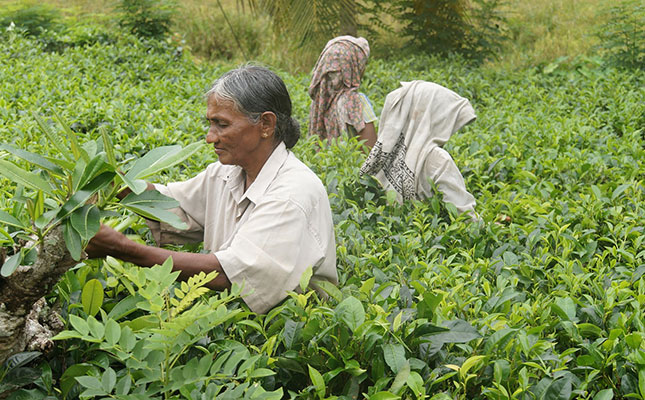
Photo: Pixabay
Friday, 21 May, marks International Tea Day and is celebrated across the globe to recognise the impact tea production as the main means of subsistence for millions of poor families, according to the UN.
Tea is also big business. After water, it was the most-consumed drink in the world. Roughly, 25 000 cups of tea were being poured every second across the globe, which amounted to a staggering 2,16 billion cups per day, a statement by the South African Rooibos Council (SARC) said.
READ Honeybush tea: Small industry, big potential
The UN statement explained that tea production and processing constituted an important source of income for millions of families in developing countries, while it was the main means of subsistence for millions of poor families in some of the world’s least-developed countries.
In addition, the industry was the predominant source of income and export revenue for some of these poorest countries, and as a labour-intensive sector, provided jobs, especially in remote and economically disadvantaged regions, the UN said.
Martin Bergh, general manager of Rooibos Ltd, told Farmer’s Weekly that the industry provided income and employment to more than 5 000 people in South Africa.
“The industry is a very large employer in South Africa as the production of rooibos is still very labour- intensive,” he explained.
READ Tea importer’s modern business plan for a classic product
According to Bergh, the rooibos market had been stagnant for about four years, which he attributed to production shortages due to the recent drought conditions experienced across the Western Cape. This resulted in the rooibos harvest amounting to only about 13 000t per season. Rooibos was grown exclusively in the Cederberg region of the province, he added.
“However, thanks to good weather conditions, production has recovered to around 20 000t in 2020, and the price of rooibos tea has started to drop. We also saw that the market started to grow again last year, and this year shows the same good growth signs.”
According to Bergh, South Africa exported about 8 000t of rooibos per annum to more than 30 countries around the world. Germany, Japan and the Netherlands remained the largest importers of rooibos, closely followed by the UK and the US.










